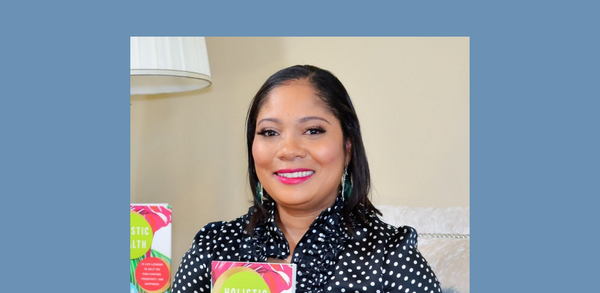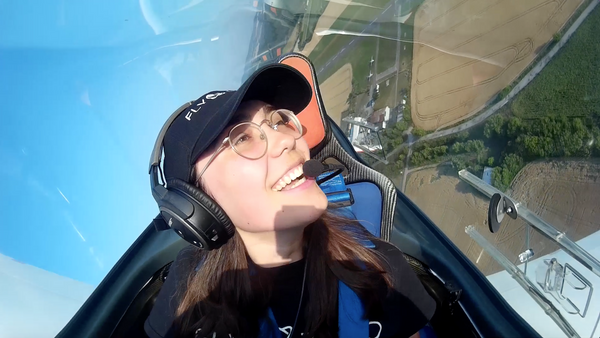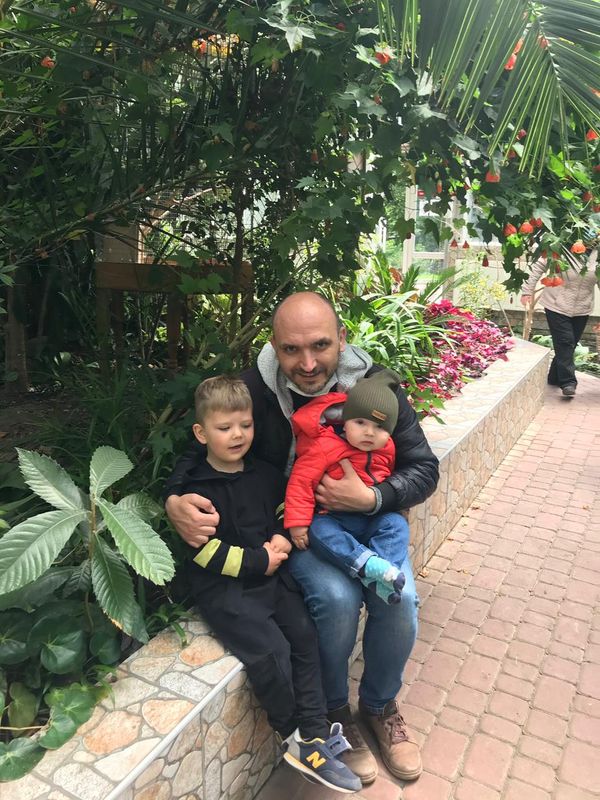Interview With Chris Norton, Who Gives All of Us Permission to Defy the Odds
In 2010, Chris Norton, a collegiate football player, missed a jump by a split second, transforming life as he knew it. He shares his story in the documentary, 7 Yards.
by Victoria Oldridge
Truffld: You were rushed into surgery immediately following the accident, and awoke to surgeons explaining that your odds of ever having feeling below the neck or moving again was 3%. You made a decision to ignore the 97% as though it didn't exist. Through your Foundation work, are you noticing a formula for success in those who improve their odds and thrive amidst their adversity?
Chris: There are two really big components to this: one, I think faith, really; turning that foundation of faith and hope into something you can't see because when you're going through trials and tribulations it's a mess. You feel hopeless in what you can see but if you can believe that God can put these broken pieces together that can make a mess into a message, and the pain into a purpose, it gives you this strength and perseverance to keep going. You can't stop because life's not over.
The other part is that you have to be radically responsible for your life, for your future, and for all outcomes good or bad, and that the more responsibility you accept the better you'll respond to adversity. If you think you're not responsible for your success and happiness, then you're not going to work hard and it'll be easier to place the blame on something or someone else. It's important to cut-out the blame and excuses, and when you realize that the only thing you truly have control over is how you respond [to challenging situations], and then that's where your focus goes.

Truffld: Your disabilities, so to speak, are in the physical form, though everyone has a disability at some juncture and in some capacity whether it's mentally, emotionally, spiritually. When you see activities that you used to do or new ones now that you're unable to, how do you pivot that energy into something positive and useful?
Chris: You're right, it's human for anyone to feel those things regardless of their circumstances and I have those moments as well. Each season or each transition of life presents new challenges for me in that sense. When I was 18 and seeing my friends playing football and basketball I always felt like 'Man, I wish I could still do that,' and then when I started dating Emily there were things I wanted to do as a boyfriend, as a fiancé, as a husband that I couldn't do. Now as a dad I want to be able to show the kids how to shoot a basket or play with them in the pool, and when I find my mind going down that rabbit hole of wishing things were different and what 'woulda coulda shoulda' been, I have to stop my thinking and shift it toward all of the things that I do have, create a grateful attitude, and be mindful of all of the things that I am able to do – to be the husband, dad, and friend that I can be, and that's where my power is. So if that means just being a cheerful, present, loving dad, I can be that. What's more important, too, as a man, is not just the physical activities – don't get me wrong, those are great and I really want to be able to do those – but what really makes a dad or a man special is how they make people feel, and your character. So that's where I keep my attention because if it goes down the other direction then I'll lose control of what I can do.
Truffld: In 7 Yards there was a scene where Emily had explained that at times she had felt underappreciated and that it was the catalyst to some of your arguments. I think everyone can to some extent empathize with a similar sentiment – in a work environment, as a parent, in relationships, friendships. How have you and Emily navigated these obstacles as as a couple?

Chris: I just try to be extremely mindful of it [Emily's feelings] and not take her for granted because it's easy to do once you get into a routine of things. Every day Emily helps me get into bed and out of bed, and sometimes it's easy for me to look past it like it's nothing, it's just what we do, but it's not a good feeling to feel undervalued, especially when you're working hard and doing a lot of great things. Emily is doing a ton for our family [five adopted children, one young boy they're fostering, and one child they're co-parenting] and she makes it look so easy – she's cooking, she's a natural helper and a giver; she doesn't ask for help and she's an independently strong woman. It can be easy to think, 'She's doing her thing', without then acknowledging what she actually is doing because it is still work, and she still needs to do the things that fill her up. As time has gone by, I've been able to recognize that, appreciate it, and call it out for what it is, and ensuring I'm vocalizing it versus just thinking about it because I'm someone who internalizes a lot of things but don't say it – it's something I've been working on through the years.
Truffld: Your dad mentioned in the film that you were "special for being unspecial" because opposed to having innate talent, you had a fierce determination, grit, and will that was unstoppable. Some people are born with these traits, others cultivate them over time, and some struggle to master the art of optimism and resilience. How can people plant the seeds for these mechanisms if they've not leveraged them before?
Chris: It really comes down to Carol Dweck's research on the 'growth mindset and fixed mindset,' that people fall into one or the other and can go back and forth between them dependent on the scenario. A 'fixed' mindset, for example, is if you make a mistake you feel like a mistake, and if you mess up you feel like a mess up, or if you have to try really hard at something then it's a negative sign that means you're not good enough at it and you're doing something wrong.
Some ways to get into that 'growth' mindset – at least something we try to do with our kids – is we praise effort not outcomes. If they earn a good grade, we recognize the effort, time they've invested, or progress they've made.
My parents instilled in me that I could believe that I would get better; that hard work and effort is a positive thing, that failure is OK and isn't reflective of who I am as a person and it's an opportunity to learn and grow.
Follow Chris on IG, Facebook, and stream 7 Yards on Netflix, Apple TV, and Amazon Prime



